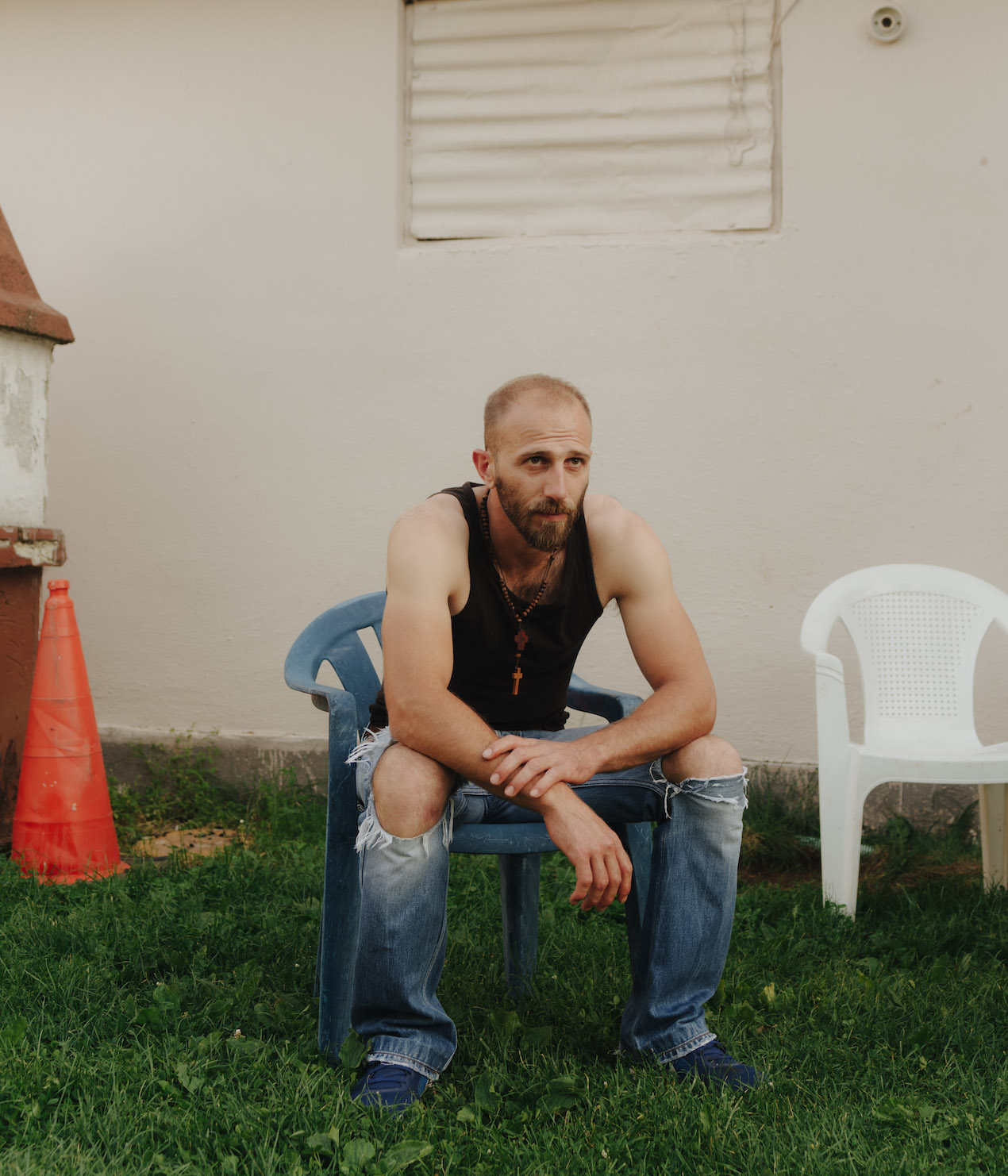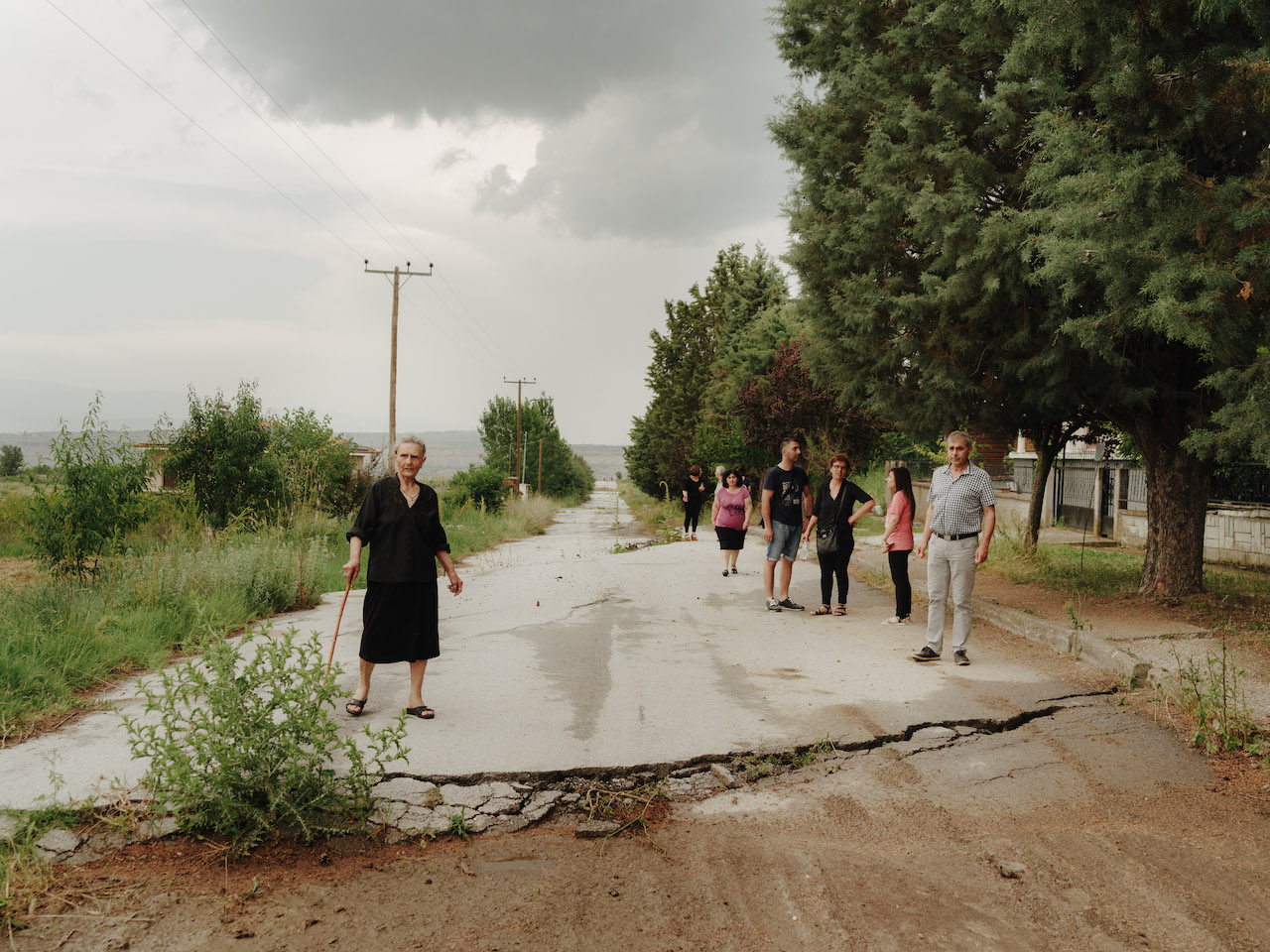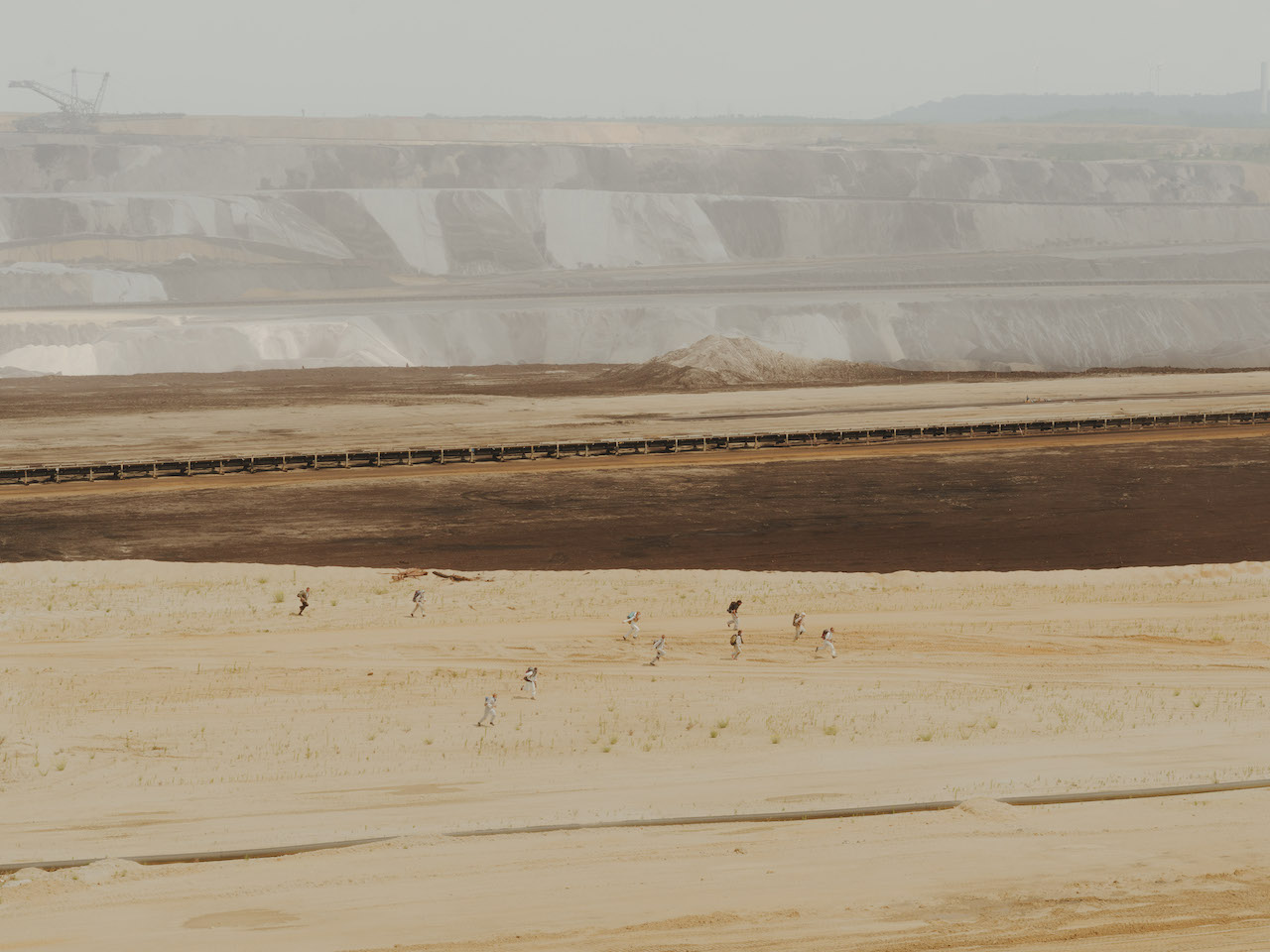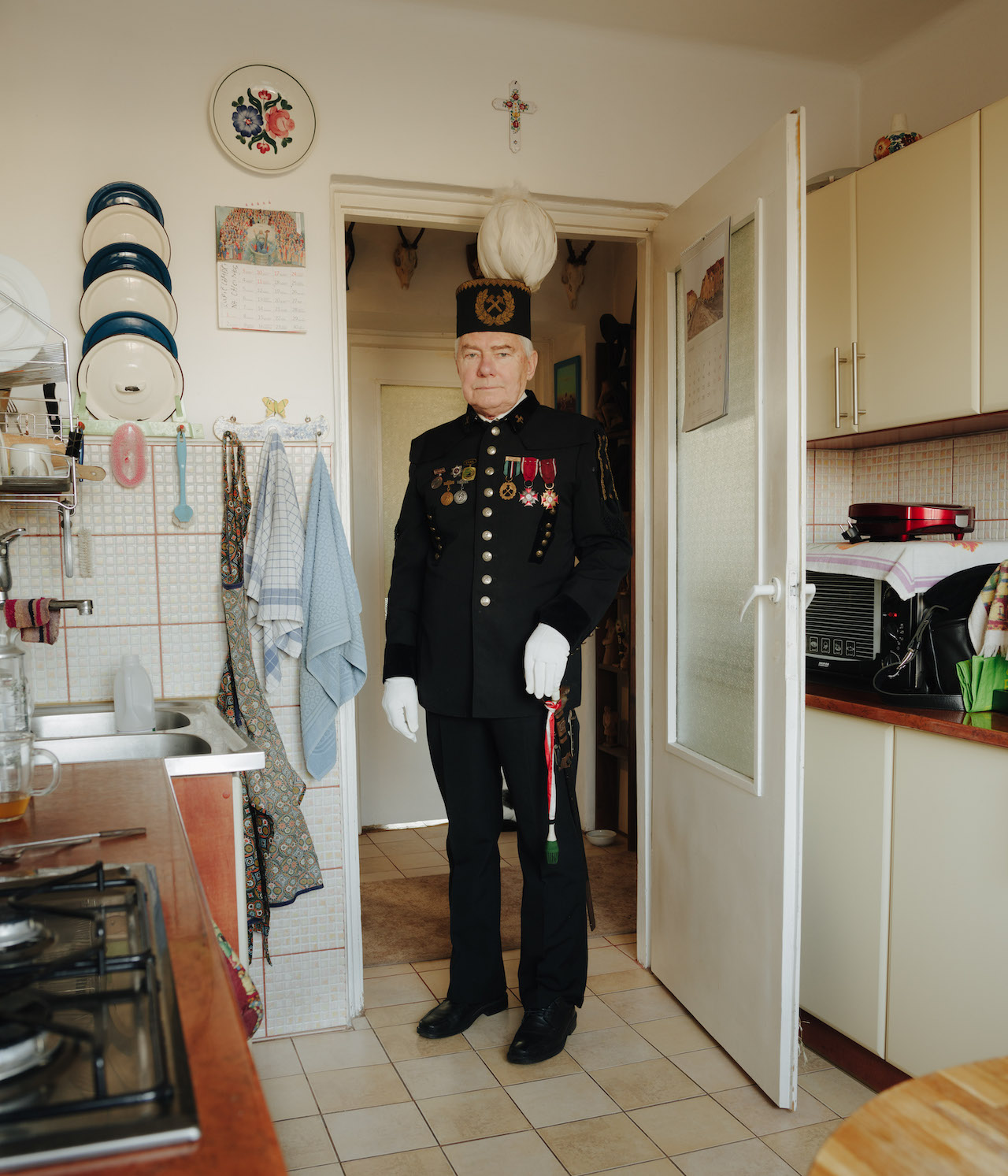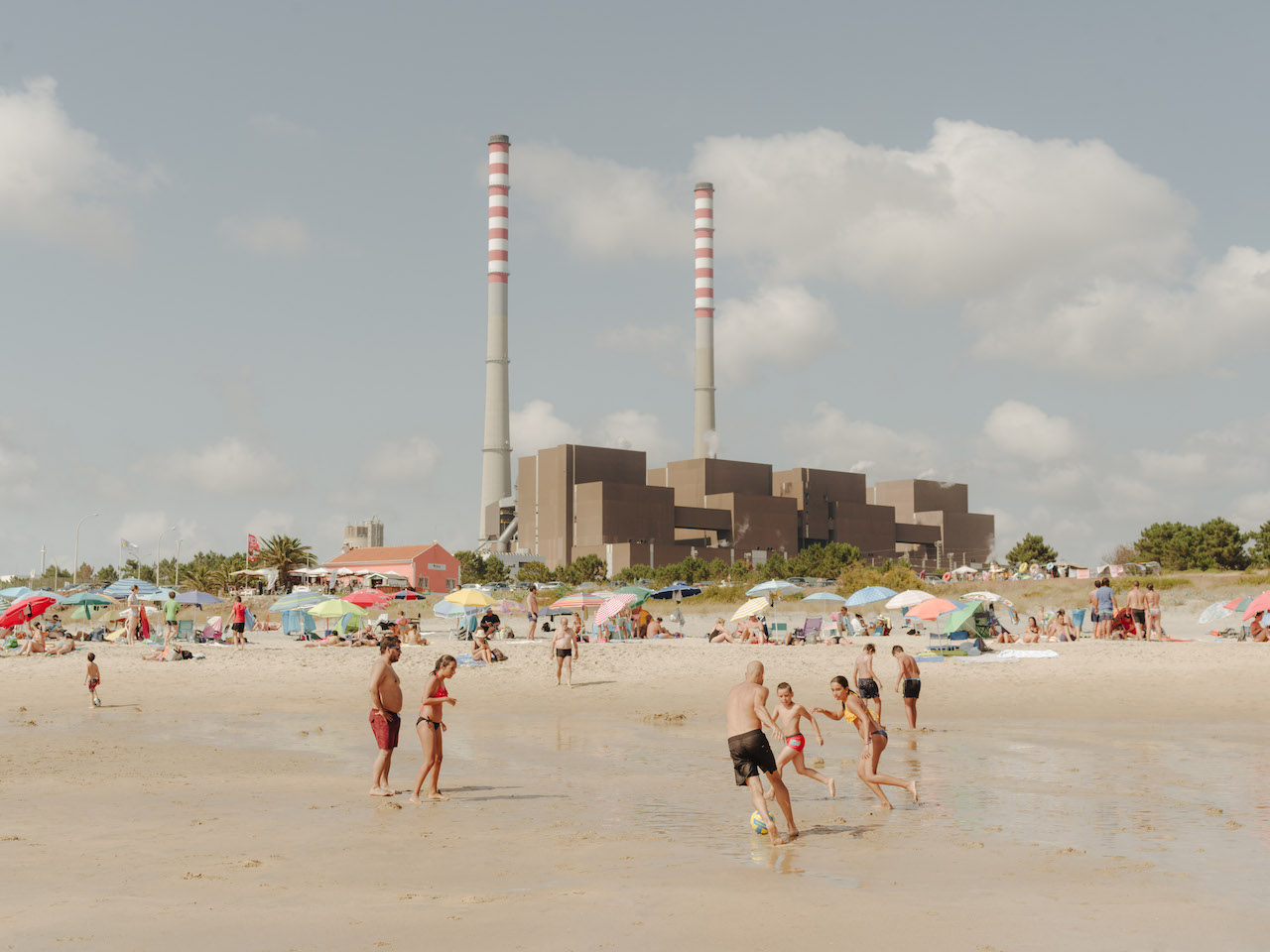Travelling through nine countries, Wilton exposes scars on the environment, and the consequences for those who live near mines and coal plants
In 2019, Dan Wilton embarked on a journey across Europe to document the hidden harm of the coal industry. Traversing nine countries – Bulgaria, Czech Republic, Germany, Greece, Poland, Portugal, Serbia, Spain, and the UK – the resulting body of work exposes the scars on the environment, and the consequences for those who live near mines and coal plants.
Titled The Fire They Sit Beside, the project is a collaboration between Wilton and environmental law charity ClientEarth. The work is currently on show at Huxley-Parlour in London until 12 March. The images shift between sprawling views of coal fields, and depictions of everyday life set against the backdrop of vast power plants. It illustrates a bitter irony in how the people who are most affected by the industry remain the most economically reliant upon it.
The series arrives at a pivotal time, as Europe’s transition away from coal gains momentum. Since the project began, many countries have adopted an exit plan. “I knew that this was an important story to tell. Ending coal is crucial: it puts our shared, bright future at risk,” says Wilton. “Across Europe, people’s health, identities, and livelihoods remain intimately linked to coal, even as we strive for a just transition to alternatives. I hope this series makes a powerful case for governments and investors to take action, without making ordinary people shoulder an unfair share of the burden.”
Below, Wilton shares some of the stories he documented.
‘Yiorgos’, Coal Miner, Akrini, Northern Greece, 2019
Yiorgos works in the lignite mine that encircles Akrini. The village’s natural water supply previously had to be cut off after a cancerous chemical leaked from nearby coal plants. Those responsible were later imprisoned, but the site is still not managed properly. Yiorgos wants to move on but like many villagers, he is caught in an impossible position, because the coal industry is a key employer in the region.
The Residents of Anargyroi, Northern Greece, 2019
In 2017, the village of Anargyroi was half destroyed by a landslide caused by the 5km-long Amyntaio mine. Most lost their homes and were unable to return. Remaining houses still show scars from the disaster: cracked walls and open cabinets. Residents have long been campaigning for compensation for what they lost.
Ende Gelände, Protesters storm RWE’s Garzweiler mine, North Rhine-Westphalia, Germany, 2019
Each year, huge groups of activists invade RWE’s massive mines in North Rhine-Westphalia in an effort to end Germany’s continued reliance on coal energy. Germany touts its green reputation with gusto, but nearly a third of its power still comes from climate-killing coal. Scientists says EU countries must phase out coal by 2030, but the year stated in Germany’s exit plan is 2038.
Jan, Katowice, Poland, 2019
Coal mining has a rich cultural heritage in Poland. Each year towns across the Silesian region celebrate Barborka: the feast day celebration of the patron saint of miners. Poland is the only remaining EU country without a phase-out date for coal. Home to Europe’s largest plant, coal is causing a health crisis. An estimated 2,500 early deaths are recorded each year, and a recent study showed that children living near a coal plant in Poland were exposed to levels of cancer-causing black carbon levels four times higher than children in France.
Sines Power plant, Portugal, 2019
At the time this picture was taken, Sines power plant was active and one of the most polluting plants in Europe. But 2021 saw the closure of Sines, nearly 10 years ahead of schedule. This was followed by the country’s last coal power plant, Pego, in November. Portugal is now coal-free.
The Very Fire They Sit Beside by Dan Wilton is on show at Huxley-Parlour in London until 12 March. All proceeds from print sales will go to environmental legal charity ClientEarth, dedicated to tackling the climate crisis.


